Instant Opinion: it’s up to women ‘to save Britain’s economy’
Your guide to the best columns and commentary on Thursday 9 July
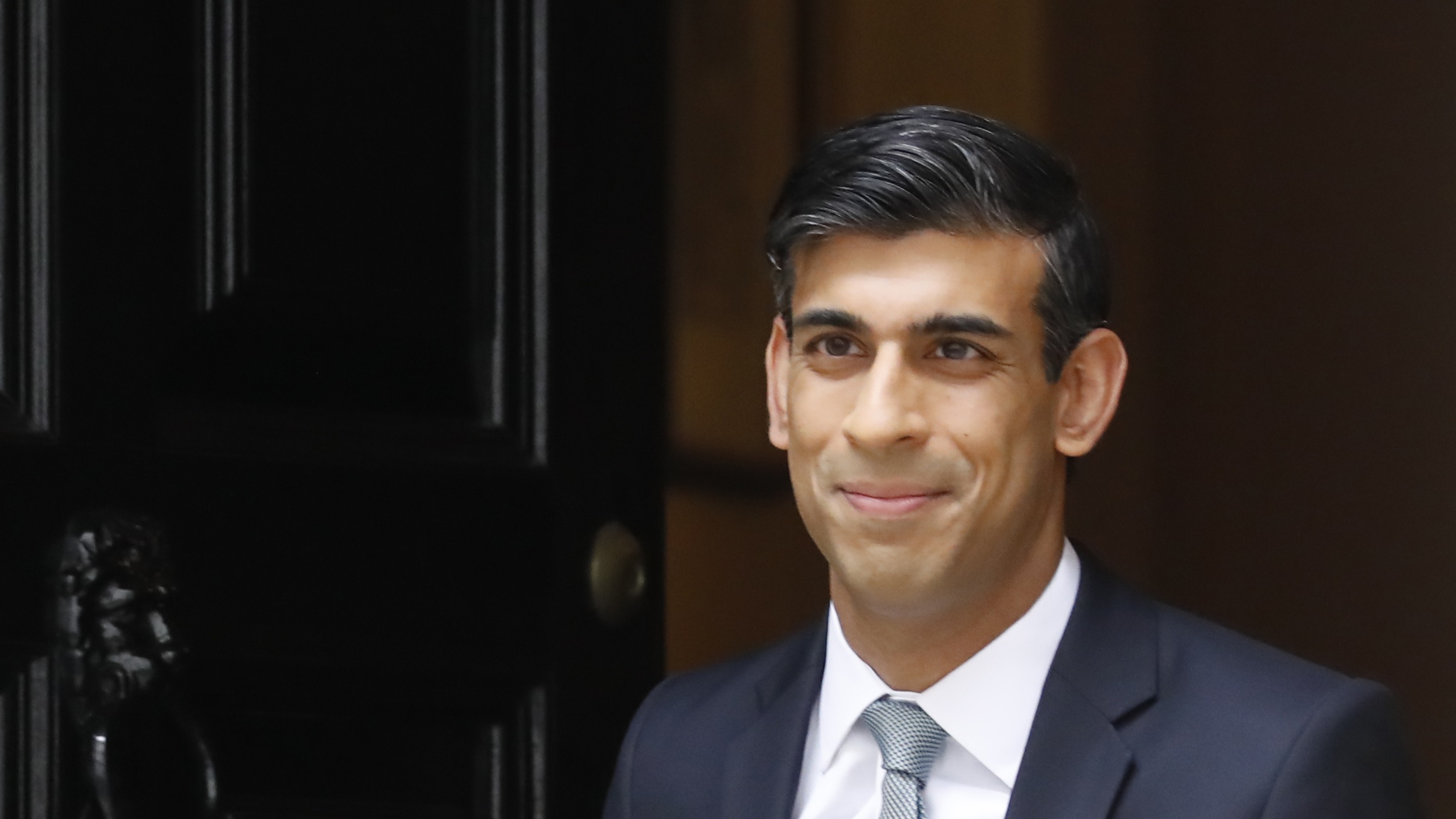
A free daily email with the biggest news stories of the day – and the best features from TheWeek.com
You are now subscribed
Your newsletter sign-up was successful
The Week’s daily round-up highlights the five best opinion pieces from across the British and international media, with excerpts from each.
1. Alexandra Phillips in The Daily Telegraph
on the ‘girl power’ needed to save the nation
The Week
Escape your echo chamber. Get the facts behind the news, plus analysis from multiple perspectives.

Sign up for The Week's Free Newsletters
From our morning news briefing to a weekly Good News Newsletter, get the best of The Week delivered directly to your inbox.
From our morning news briefing to a weekly Good News Newsletter, get the best of The Week delivered directly to your inbox.
It is up to us women to save Britain’s economy
“The oncoming recession is going to take many casualties, with men the primary victims, accounting for three quarters of those likely to lose jobs. This is partly down to the fact that women are paid far less and are more likely to work part time, insulating factors against redundancy. Yet it is clear that as the recession abates, women represent a major market opportunity and should be central to spurring recovery. If Dishy Rishi really wants to make us swoon over him may I suggest he turns the green recovery into the Girls’ recovery. Just imagine how much healthier our economy would be if we had truly equal pay in a world that embraced our powers of persuasion rather than pilloried them. With every night a ladies’ night we will have the economy up and running again in no time.”
2. Aditya Chakrabortty in The Guardian
on those who look after our loved ones
A free daily email with the biggest news stories of the day – and the best features from TheWeek.com
Care workers with coronavirus face an awful choice: live in poverty or risk killing your patient
“The UK’s sick pay scheme is the meanest in the industrialised world. When ill, one might usually splutter through a working day and keep earning, but to do so now is to risk spreading death. ‘I’m being forced to make a choice,’ says [care worker] Grace. ‘Either I live in poverty or I kill my client.’... Care workers have spent the past three months risking their lives to protect other people’s loved ones, yet their sector has spent decades stripping them of their employment rights, status and professional dignity. Just as in food-processing plants, distribution centres and textile factories, this all happened right in front of the rest of us – government ministers, journalists and the public. Poverty sick pay and universal credit have never been good enough, but, as long as the issue affected just those workers, nothing was done. Now those precarious working conditions pose a lethal threat to the rest of us: the question is, what are we going to do about it?”
3. Rachel Shabi in The Independent
on preserving Britain’s Covid spirit
If it doesn't find a political home, the collectivism of lockdown will be washed away like pavement chalk
“An extraordinary collectivism sprang up in response to the pandemic. The very idea of lockdown – of personal sacrifice for the common good – is itself an act of collectivism. We saw thousands of Covid-19 mutual aid groups mushrooming across the country, 750,000 signing up to be NHS volunteers and others rallying to help food banks or support hot meals schemes for hospital staff. Tabloids mocked ‘covidiots’, but far more commonplace was people ready to help in crisis, act together and be a part of something bigger. Yet our shifting priorities and newfound sense of community have no voice in the current political climate. Demand for dramatic change bubbles up from the grassroots, but needs a parliamentary drive and politicians pumping these ideas into our air supply.”
4. Phoebe Danziger, a practising pediatrician, in The New York Times
on convincing vaccination skeptics
A Coronavirus Vaccine Won’t Work if People Don’t Take It
“As a pediatrician, I meet with all kinds of parents who have concerns about vaccines generally; many have told me they won’t trust a coronavirus vaccine, and that they and their children won’t take it, at least in the short term. They question the safety of a vaccine developed on an accelerated timeline, and in the shadows of political pressure — a concern that has also been raised by staunchly pro-science, pro-vaccine experts. A few families even buy into the conspiracy theory that microchips will be implanted into the vaccine. As repeated measles outbreaks demonstrate, we haven’t done a great job addressing people’s concerns about vaccines. And if we don’t learn from our failed response to them, a coronavirus vaccine program will be doomed.”
5. David Aaronovitch in The Times
on confronting our prejudices
Sorry Keir, unconscious bias training is bunk
“The truth is that our biases are mostly conscious and we are far from ashamed of them. Who needs unconscious bias training when they consciously elect a president like Donald Trump? Did that ever look like anything but a blow against racial or gender equality? Nobody who voted for a man who said “Grab them by the pussy” was unaware of what they were doing. And as Sir Keir will soon discover, training his unconscious won’t help him deal with the fact that ‘defund the police’ is a daft slogan which most people take to mean ‘don’t give money to the police’ and therefore rightly won’t support. It’s a good idea to confront your own conscious biases, prejudices and prior assumptions. A society in which people consciously learn from each other and aren’t afraid to change their minds is a healthy one. It remains a basic principle that — unless you are a sadomasochist — you should try to treat others as you would want them to treat you. Consciousness and conscience should march together. You don’t need a training programme to teach you that.”
-
 Political cartoons for February 17
Political cartoons for February 17Cartoons Tuesday’s political cartoons include a refreshing spritz of Pam, winter events, and more
-
 Alexei Navalny and Russia’s history of poisonings
Alexei Navalny and Russia’s history of poisoningsThe Explainer ‘Precise’ and ‘deniable’, the Kremlin’s use of poison to silence critics has become a ’geopolitical signature flourish’
-
 Are Hollywood ‘showmances’ losing their shine?
Are Hollywood ‘showmances’ losing their shine?In The Spotlight Teasing real-life romance between movie leads is an old Tinseltown publicity trick but modern audiences may have had enough
-
 ‘Irony’ as Zoom calls staff back to office
‘Irony’ as Zoom calls staff back to officefeature And other stories from the stranger side of life
-
 The U.S. veterinarian shortage crisis
The U.S. veterinarian shortage crisisSpeed Read With an anticipated shortage of 15,000 vets by 2030, it will be harder to get care for pets
-
 Company teaches mask-wearers to smile again
Company teaches mask-wearers to smile againfeature And other stories from the stranger side of life
-
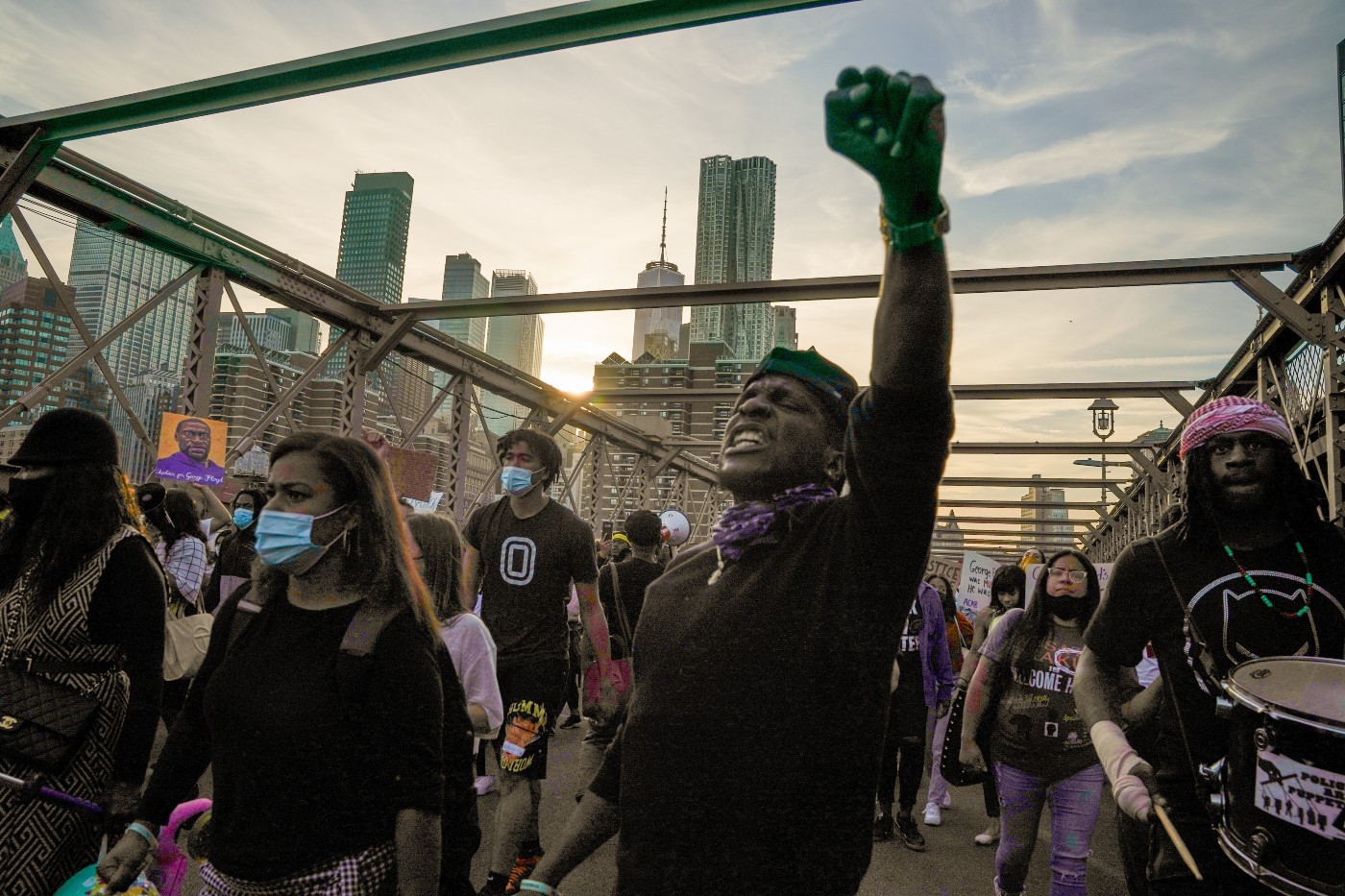 George Floyd legacy: what has changed in the US three years on
George Floyd legacy: what has changed in the US three years onfeature Police officers are more accountable but has ‘white empathy’ hit a wall?
-
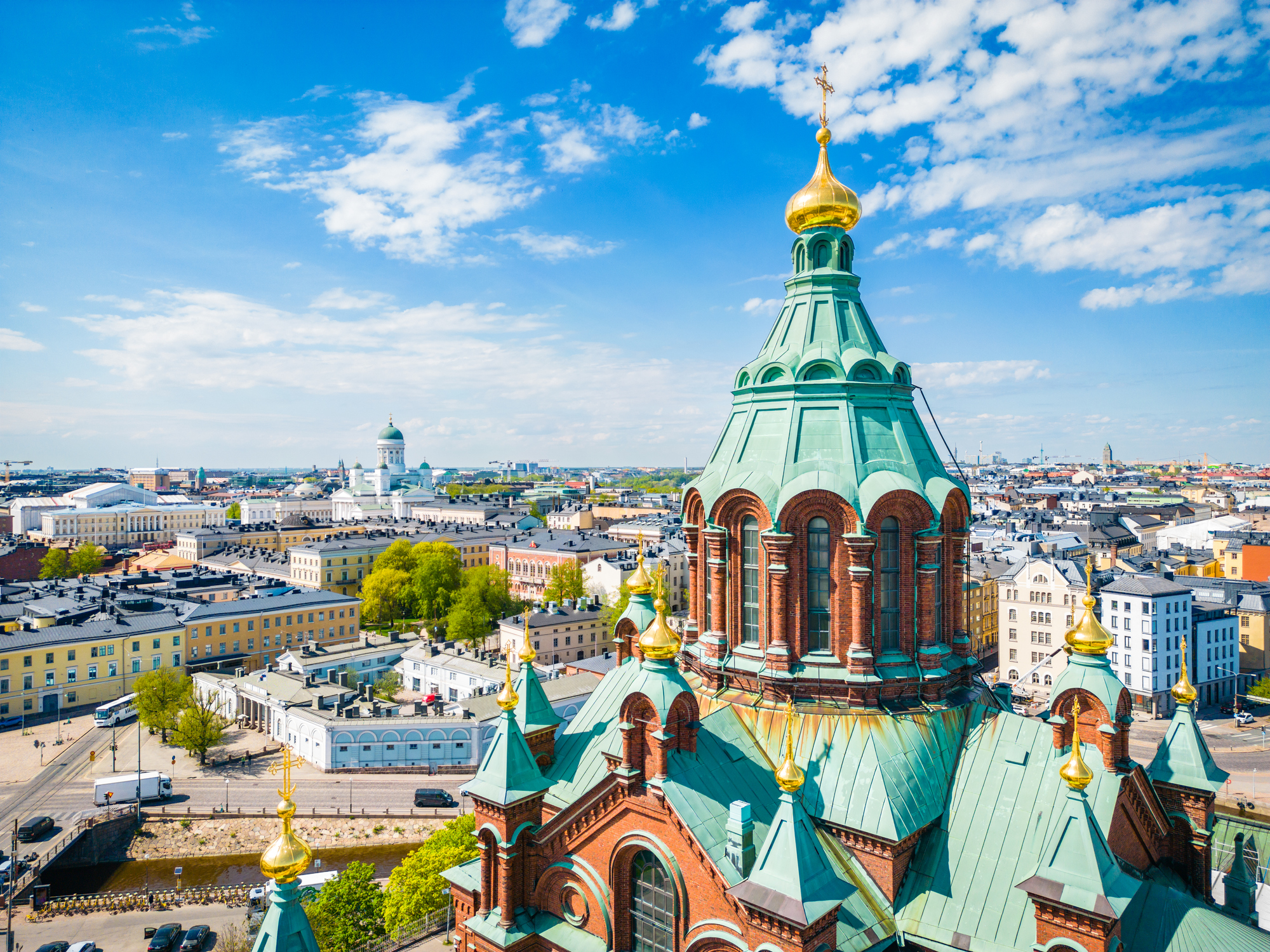 Global happiness has been 'remarkably resilient' over the past three years
Global happiness has been 'remarkably resilient' over the past three yearsfeature
-
 Ministers considered killing all cats during pandemic
Ministers considered killing all cats during pandemicfeature And other stories from the stranger side of life
-
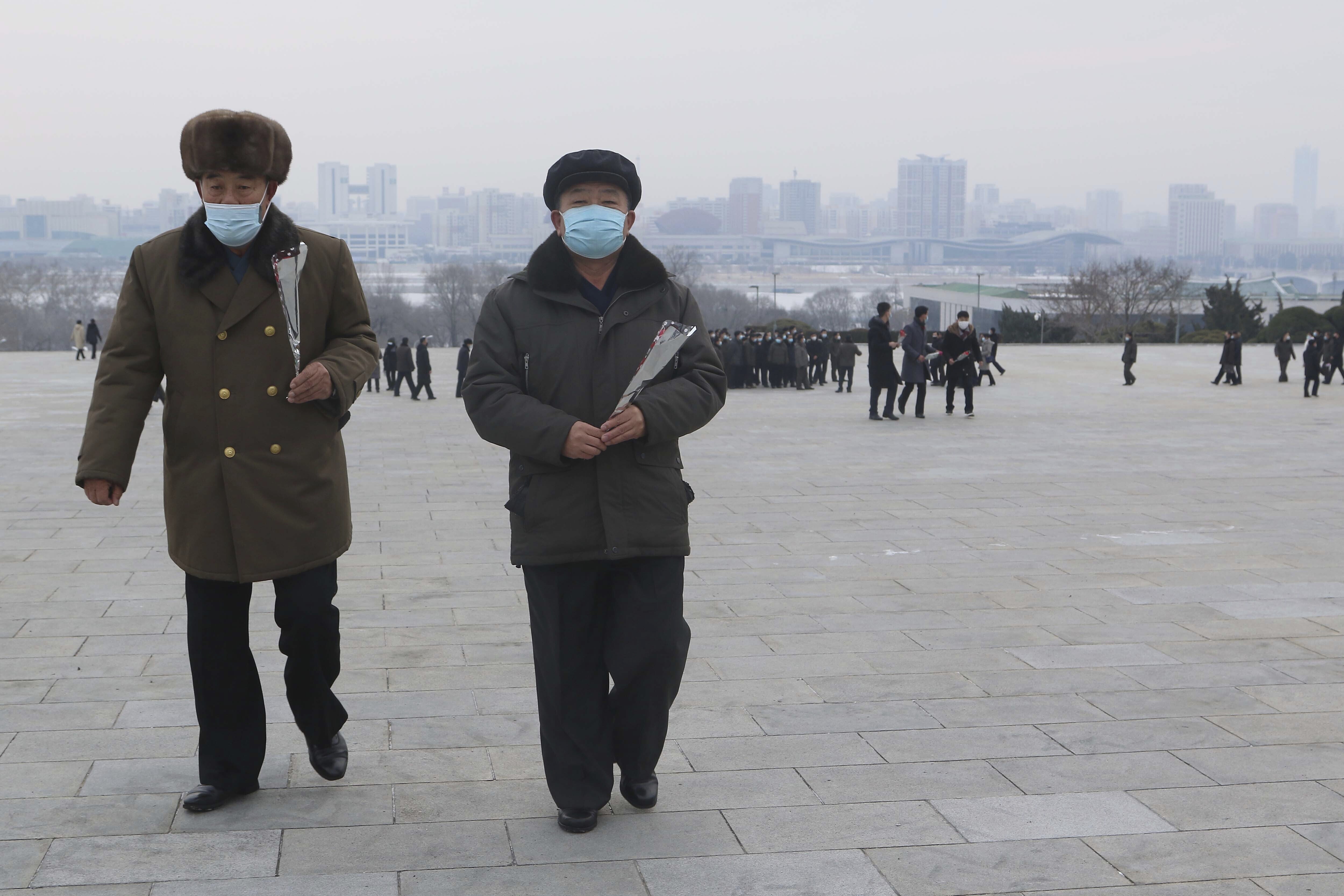 North Korea imposes 5-day lockdown on capital to fight 'respiratory illness'
North Korea imposes 5-day lockdown on capital to fight 'respiratory illness'Speed Read
-
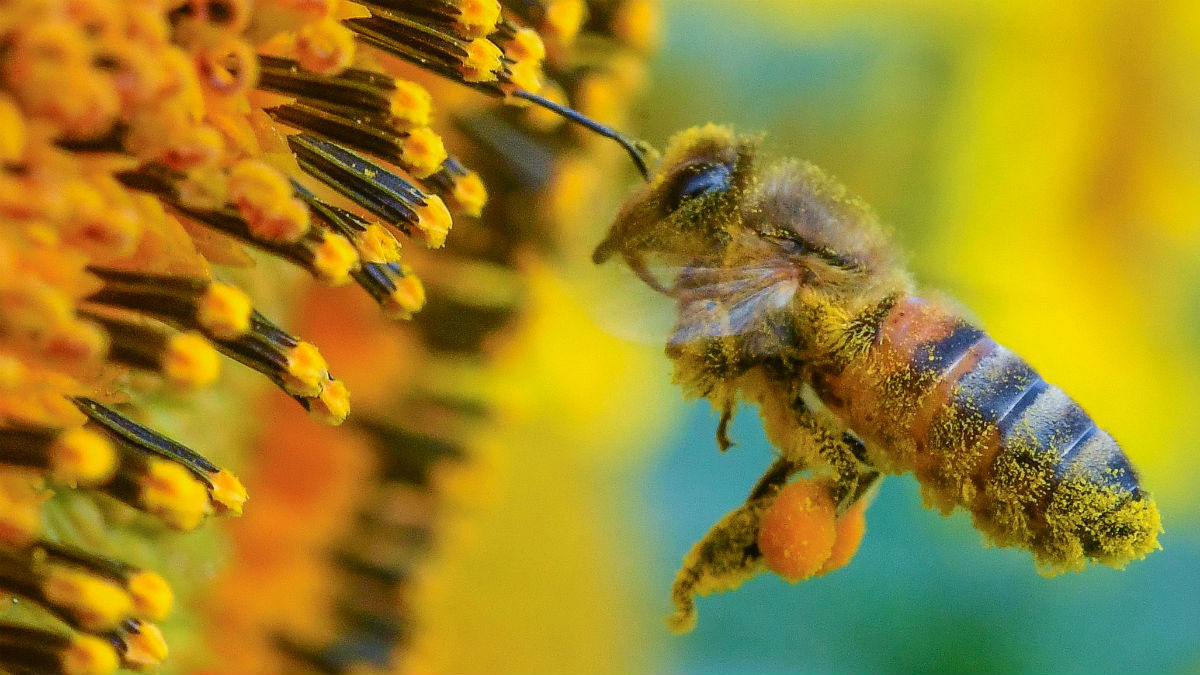 US approves world’s first vaccine for honeybees
US approves world’s first vaccine for honeybeesSpeed Read Development hailed as ‘exciting step forward’ in effort to halt decline in bee numbers